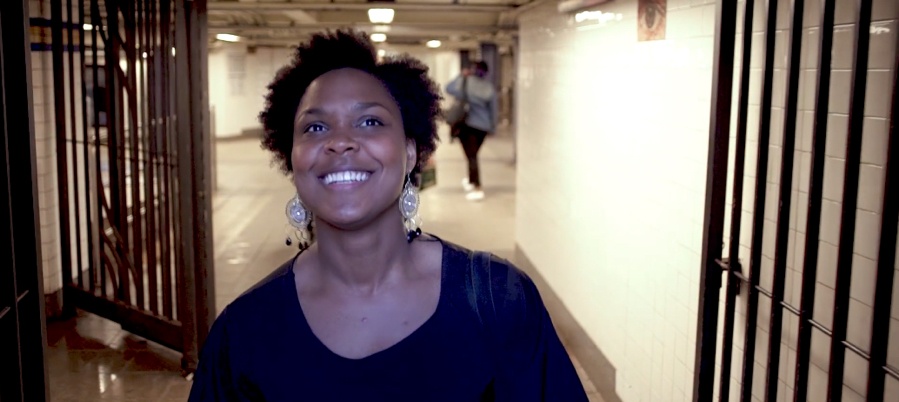Cures for All of Us: Lupus patient and clinical trial volunteer on the frontlines for diversity in research

In the end, it was vanity that brought Shanelle Gabriel to the doctor who diagnosed her lupus. At least that’s how she tells it.
As a college student, she spent weeks waking from debilitating headaches in the middle of the night and experiencing joint pain. When she visited the campus health center, her symptoms were attributed to stress and difficult dance practices — but when Shanelle noticed a patch of missing hair, she knew she needed another opinion.
Lupus can be hard to diagnose because the symptoms of the autoimmune disease vary from person to person. Like other autoimmune disease, lupus sends the immune system into overdrive, leading it to attack healthy tissue and organs. In Shanelle’s case, the hair loss on top of her headaches and joint pain led her doctor to run blood tests. The bloodwork confirmed the diagnosis.
In the nearly 14 years since her diagnosis, Shanelle has become a well-known advocate for lupus patients. She’s participated in several lupus research initiatives — from clinical trials to observational case studies — to help find new potential treatments for the disease. One of the treatments she helped to test was approved for use in lupus patients. Today, Shanelle uses that drug to help control her symptoms. As a patient and woman of color, Shanelle is passionate about ensuring everyone is represented in clinical trials to develop new treatments.
Currently, that’s not the case. “In clinical trials, people of color are definitely under-represented,” she said. Despite a disproportionate prevalence of lupus among African Americans, one of the few drugs approved to treat the condition doesn’t work as effectively for African Americans as it does for other ethnicities. “It’s very important for [people of color] to be on clinical trials so that we can make sure that we are getting the drugs that work for all of us,” said Shanelle.
For more stories like Shanelle's, visit: https://www.antidote.me/stories-of-the-patient-experience-from-patients-themselves. Or, if you'd like to get involved in medical research, start searching below:
Topics: For Patients
